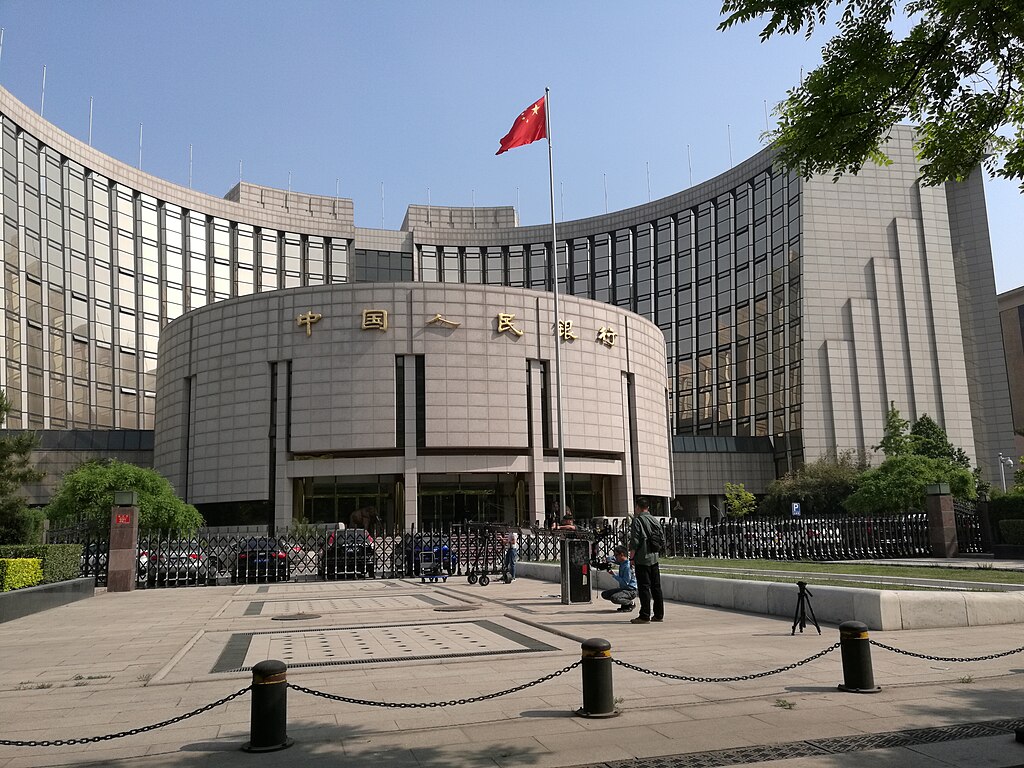
Zoe Strimpel
From "friendship clubs" and two-line classifieds to flipping through faces on Tinder, the technologies and rituals of dating have changed much in the past 40 years. But how deep do these changes go? Does gender operate as differently within the new courtship realm as the range of new dating technologoies would suggest?
My research is intended to answer these questions, focussing on how mediated dating platforms (eg lonely hearts adverts, computer dating message boards, introduction agencies) have evolved since 1970 and tracking how singles using these platforms have put to work ideas of gender in their adverts or profiles. The study focusses on the metropolitan environment of London, where new technologies, fashions and experimentalism in relationships were more observably taken up than elsewhere in Britain, and considers the effects on daters of the capital's heightened discourses of consumerism, permissivness, choice and alienation. Crucially, London formed a major (though certainly not exclusive) hub of the Women's Liberation Movement, and the ways in which the newly strident and bounteous discourse generated by the movement was used, played with or ignored by daters is also of key interest to me, raising broader questions of how the political relates to the personal in the domain of gender.
More broadly, I am interested in Anglo-American and global courtship cultures throughout the 20th century (up to the present), and particularly in how new technologies are adopted, used or rejected by daters around the world. I am also extremely interested in historiographical debates, particularly those concering where lie the strengths and weaknesses of contemporary history and its sources, especially live digital ones like Facebook.
Everyone wants love, but most still turn their nose up when it's sold to them
May 06, 2016 16:32 pm UTC| Insights & Views Technology
Matchmaking and dating services used to advertise in small rectangles on tube carriages, next to the vitamin drinks and food delivery services, and in smaller rectangles still on the classified pages of newspapers and...
- Market Data




































